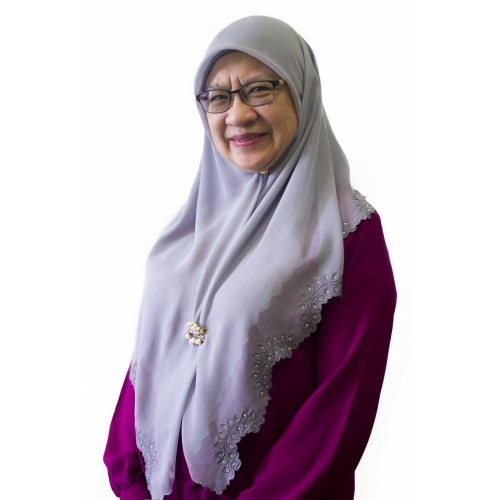|
|
|
|
November 17, 2024 -Sunday |
|
|
|
 |
|
|
|
|
SUNWAY MEDICAL CENTRE, SUNWAY CITY EMPOWERS PARENTS WITH KNOWLEDGE ON CHILDHOOD KIDNEY CANCER
Monday 27/02/2023

Parents are advised to be more vigilant regarding symptoms and signs, shares Dr Eni Juraida
KUALA LUMPUR, Feb 27 (Bernama) -- Kidney cancer accounts for only 7% of all childhood cancer, making it a rare condition. However, childhood kidney cancer can be effectively managed with the right approach, allowing children to reclaim their health and live their lives. In conjunction with Rare Disease Day, Sunway Medical Centre, Sunway City sheds light on childhood kidney cancer.
Wilms’ tumour
Wilms’ tumour is the most common type of paediatric kidney cancer. They are caused by mutations in kidney cells that typically occur after birth and usually affects one kidney. However, in 5% to 7% of cases, it can be found in both kidneys and the majority of cases are sporadic.
Dr Eni Juraida Abdul Rahman, Consultant Paediatrician and Paediatric Haematologist & Oncologist at Sunway Medical Centre, Sunway City explains, Wilms’ tumour is a cancer that occurs in young children usually under the age of 5 years and is hardly seen in adults.
Symptoms
1. Painless swelling in the abdomen
2. Pain in the abdomen
3. Cough and shortness of breath if the tumour has spread to the lungs
4. Haematuria or presence of blood in urine
5. Hypertension
6. Fever
7. Loss of appetite
8. Generally feeling unwell
Treatment
If kidney tumour is suspected, the patient will undergo blood tests to look into the general health of the patient, haemoglobin level and kidney function. Radiological examination are also performed such as an ultrasound of the abdomen, CT scan to further define the tumour, and for staging.
Depending on the stage of the tumour, the patient will undergo:
• Surgery or nephrectomy to remove the affected kidney
• Chemotherapy where drugs are given to kill cancer cells
• Radiotherapy in some patients depending on how far it has spread outside the kidney, if it has spread to distant organs such as the lung, or if it has not been completely resolved with chemotherapy
According to Dr Eni, in most cases, by the time the child arrives for a diagnosis, the tumour has grown to a large size, and the kidney is effectively non-functional. However, the outcome for Wilms’ tumour is good.
“For stage 1 Wilms’ tumour, the cure rate is 95%. Similarly, for stages II to IV, if there are no unfavourable features in the histology, a 4 year survival rate of 90% can be expected,” Dr Eni elaborates.
Prevention
“Since we don't know the cause, it is difficult to have any preventive measure. Parents are advised to be more vigilant regarding symptoms and signs,” Dr Eni shares.
Things to look out for:
1. Most tumours are discovered incidentally. Keep an eye out for lumps when dressing or bathing your child
2. Presence of blood in the urine
3. Loss of appetite and weight
4. Big birth weights with hemihypertrophy
5. Mothers are advised to exercise caution when taking any health supplements
For more information, please visit www.sunwaymedical.com and follow us on Facebook, Twitter and Instagram.
Image 1: Parents are advised to be more vigilant regarding symptoms and signs, shares Dr Eni Juraida.
Image 2: Kidney cancer accounts for only 7% of all childhood cancer, making it a rare condition.
Link to Photo: https://drive.google.com/drive/folders/1UhEcdyOCk-vcWTzhwyKthIZAoR6PM0pH?usp=sharing
SOURCE: Sunway Medical Centre, Sunway City
FOR MORE INFORMATION, PLEASE CONTACT:
Name: Nur Yee Jie Min
Corporate Communications
Sunway Medical Centre, Sunway City
Tel: +60 12 355 1885
Email: nuryjm@sunway.com.my
--BERNAMA
|
|
|
|
|
|